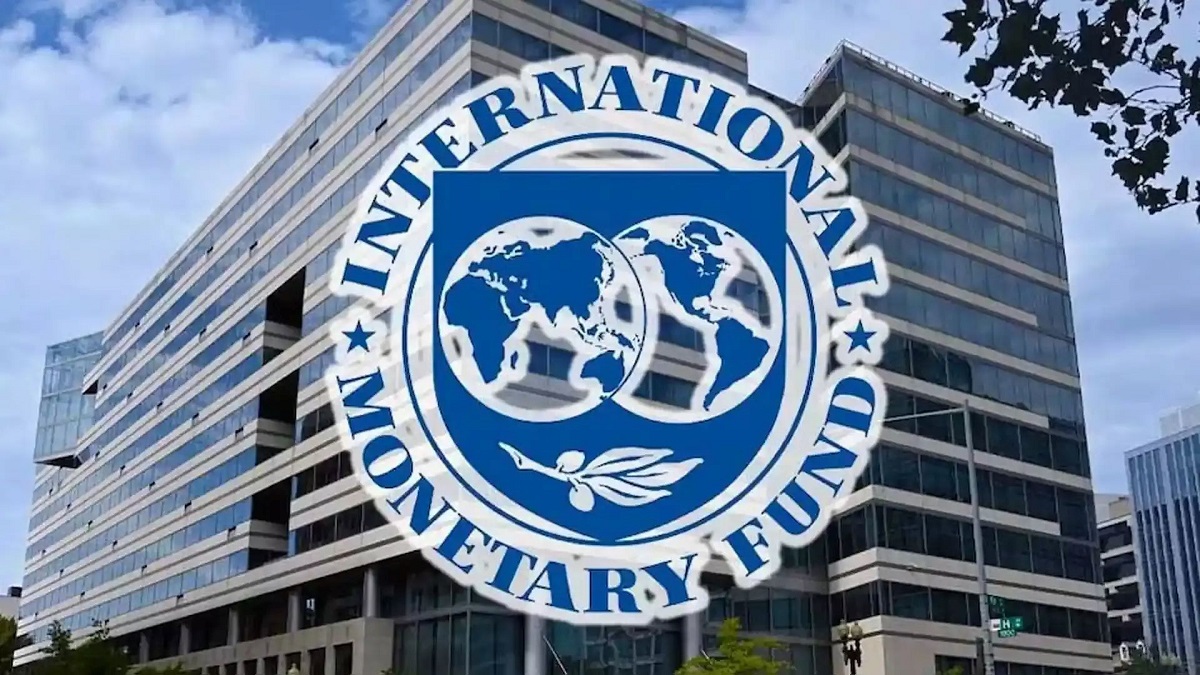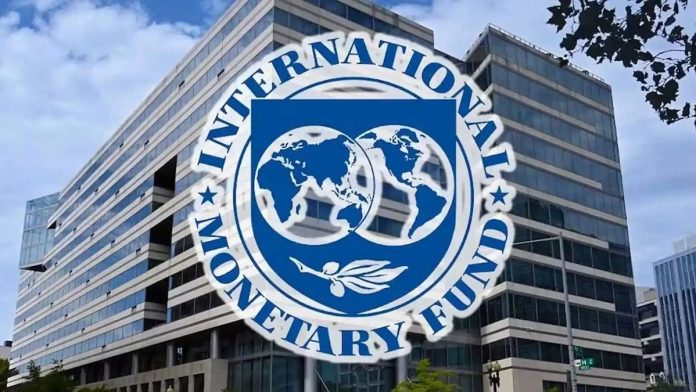IMF Urges FG on Budget Adjustment to Reflect Low Oil Prices
The International Monetary Fund (IMF) has advised the Nigerian government to adjust its 2025 budget to reflect the current low oil prices. The budget, pegged at N54.99 trillion, was based on a benchmark oil price of $75 per barrel, which is no longer realistic given the current global oil market trends.
The IMF’s advice is aimed at ensuring that Nigeria’s economy remains stable and resilient in the face of external shocks. In its just-released ‘Article IV’ assessment of Nigeria’s economic policies, IMF said The country’s economy has been growing, with a projected growth rate of 3.4% in 2025, driven by increased oil production and declining inflation. However, the IMF warns that failure to adjust the budget could lead to a significant fiscal deficit and economic instability.
The Fund commends the economic reforms introduced by President Bola Tinubu’s administration, particularly the removal of fuel subsidies and the unification of exchange rates by the Central Bank of Nigeria (CBN). These reforms have helped to improve the country’s macroeconomic stability and attract foreign investment.
To mitigate the impact of lower oil prices, the IMF recommends that the government maintains a neutral fiscal stance that prioritizes growth-enhancing investments. The Fund also advises the government to scale up cash transfers to shield the most vulnerable parts of the population from the effects of economic adjustments.
Overall, the IMF’s advice is aimed at ensuring that Nigeria’s economy remains on a stable and sustainable path, despite the challenges posed by lower oil prices. By adjusting the budget and implementing prudent fiscal policies, the government can mitigate the risks associated with oil price volatility and promote economic growth and development. #IMF Urges FG on Budget Adjustment to Reflect Low Oil Prices#
Nigerian Exchange Indicators Mixed as Notore Chemical Delists

